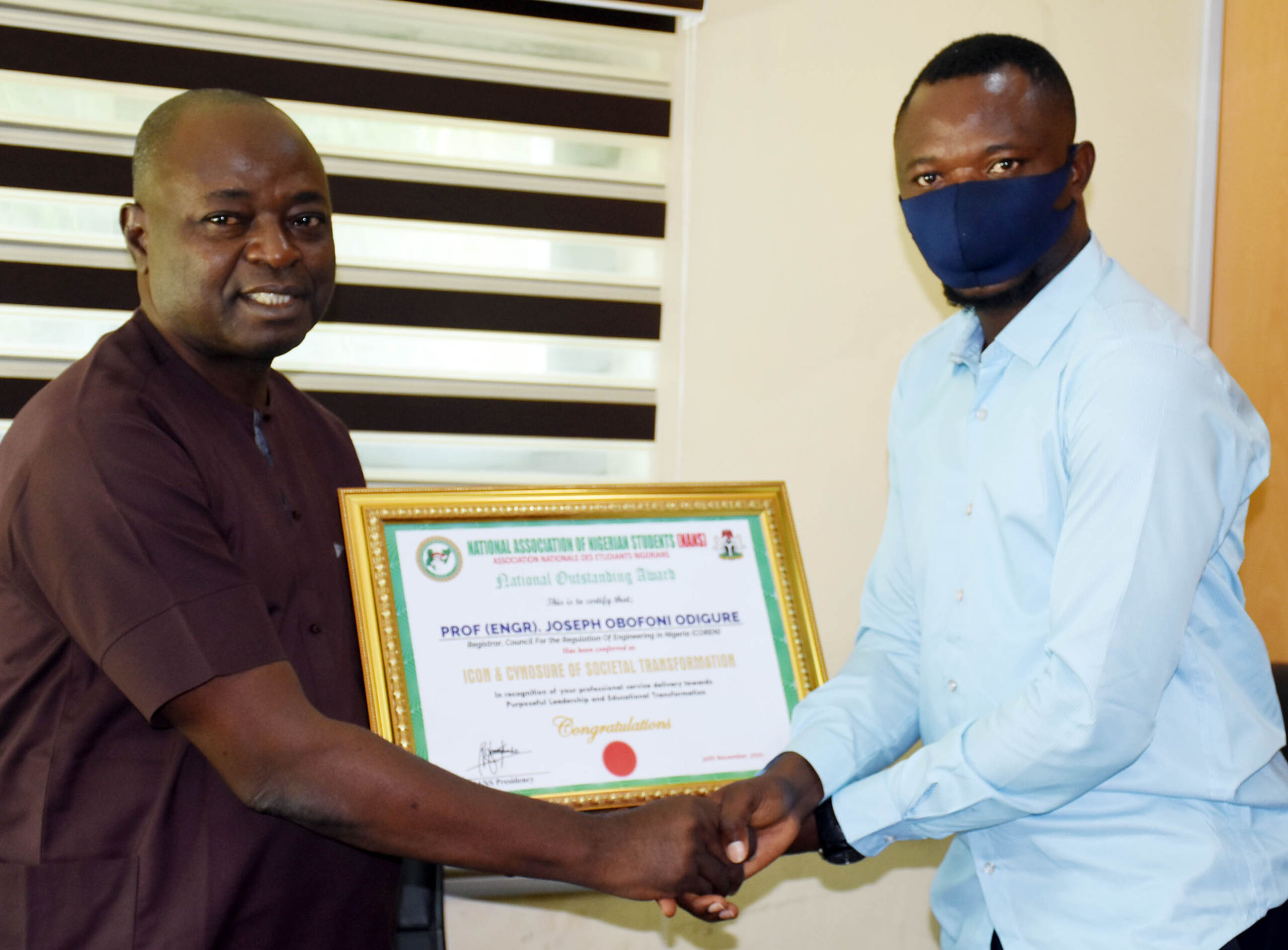Niger Delta
Don Blames Flooding On Blocking Of Waterways

A University don, Prince Mmom, has said the Rivers State ministry of urban development may have to take seriously the exercise of sanitising the streets of Port Harcourt of illegal structures on unapproved sites, as part of strategies to mitigate flooding in the sprawling city.
Mmom, a Professor of Geography and Environmental Management, stated this while speaking on the topic: Flood Risk Management and Mitigation, at a symposium.
The don said the Rivers State waste management Agency should also step up its statutory obligation and deal with the indiscriminate disposal of waste in water ways.
He said the indiscriminate disposal of waste constitutes a leading cause of flooding in the state..
He said until the Rivers State government takes the implementation of its laws seriously, the state would witness heavier flooding.
On his part, the South South zonal coordinator of NEMA, Godwin Tepikor, called on the Rivers State government to create the State Emergency Management Agency in all the local government areas so that the national agency will work with them in averting flooding and its disasters.
Meanwhile, the Rivers State ministry of environment says the State government has not relented in carrying out sensitisation programmes as part of efforts in mitigating flooding in the state.
The Nigerian institution of estate surveyors and valuers also vowed to monitor activities of its members so as to help stop flooding in the state.
On its part, the Rotary Club of Port Harcourt Sea Port promised to continue to show concern over environmental issues in the state.
The Project Service Director of the Rotary Club of Port Harcourt Sea Port, Prince Jenewari Eleki, said “we are taking action against environmental issues in our host communities. This project is our club’s star project and we will continue to partner with relevant stakeholders all the time to ensure this flooding menace stops”.
Niger Delta
NPC Unveils Digital Registration System In Delta

Niger Delta
Police Uncover Suspects’ Armoury … Recover Weapons In Delta

Niger Delta
Police Caution On Lawless Protests On Court Matters In A’Ibom

-

 News2 days ago
News2 days agoAmend Constitution To Accommodate State Police, Tinubu Tells Senators
-

 Politics2 days ago
Politics2 days agoSenate Urges Tinubu To Sack CAC Boss
-

 News2 days ago
News2 days agoDisu Takes Over As New IGP …Declares Total War On Corruption, Impunity
-
Business2 days ago
President Tinubu Extends Raw Shea Nuts Export Ban To 2027
-
Business2 days ago
Crisis Response: EU-project Delivers New Vet. Clinic To Katsina Govt.
-
Business2 days ago
President Tinubu Approves Extension Ban On Raw Shea Nut Export
-
Business2 days ago
FG Pushes Cassava Bioethanol Drive To Boost Industrial Growth
-
News2 days ago
25 Killed In Adamawa Jihadist Attacks

